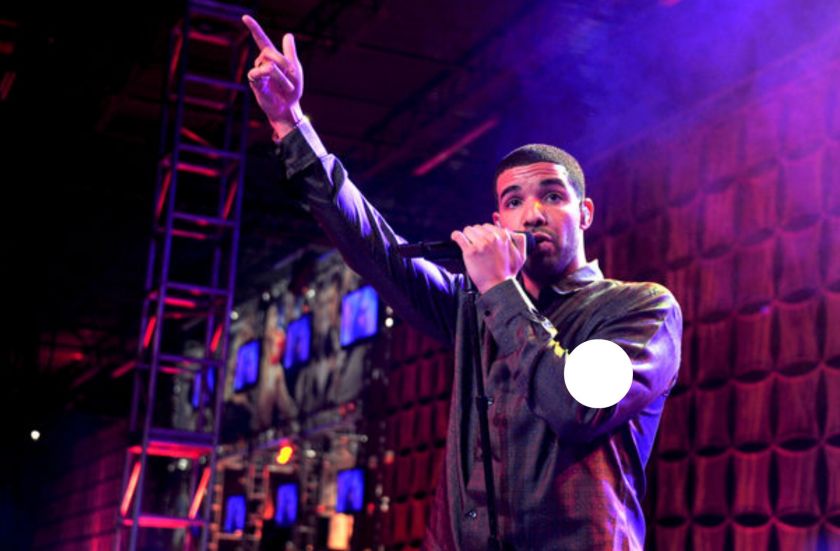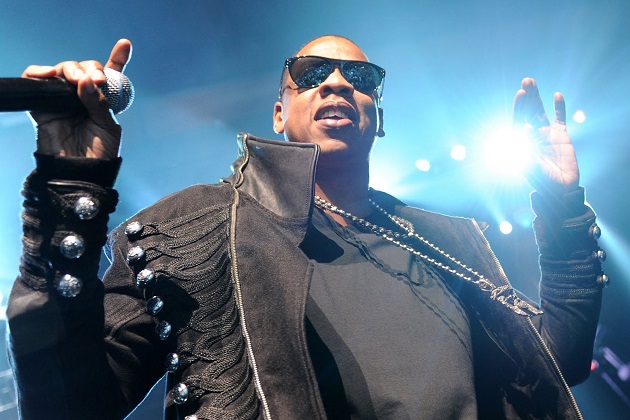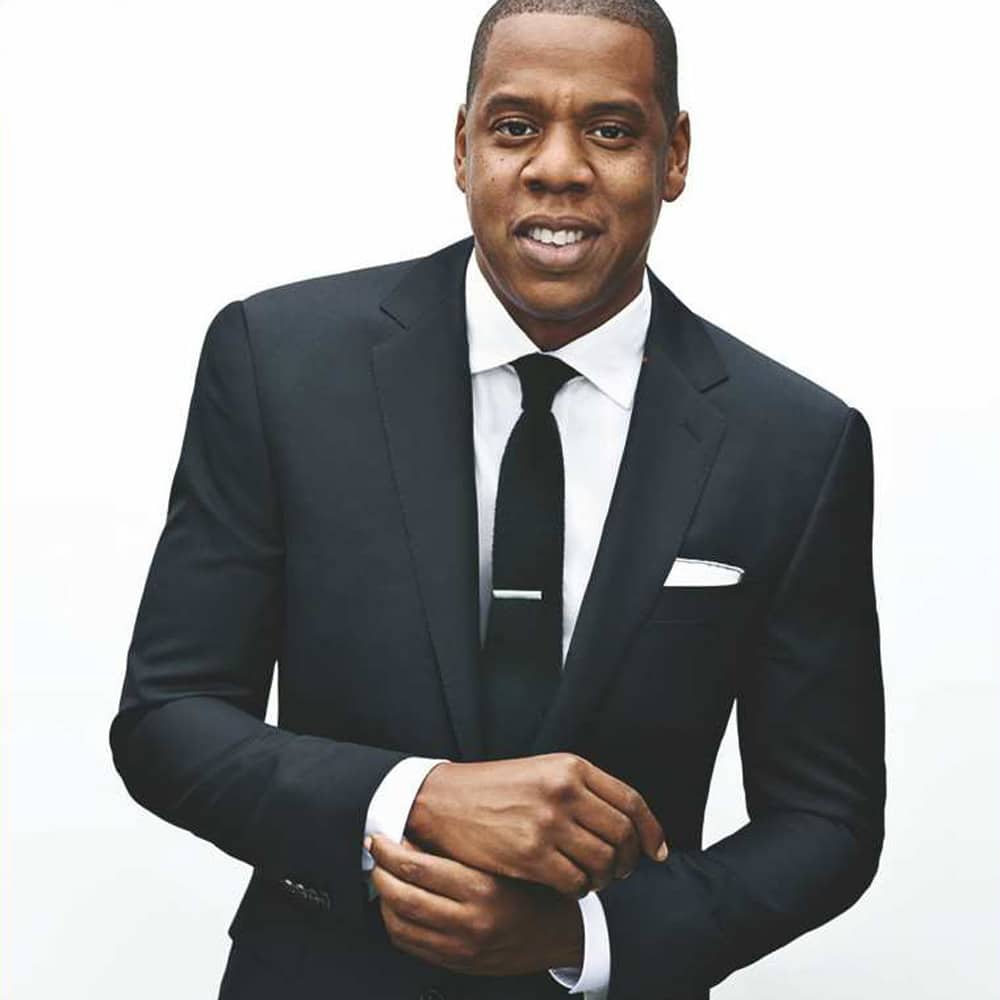Jay Z and his star-studded team of Tidal co-owners took over the Web as they announced the release of the premium music service back in March, but it seems like all the Internet hype isn’t converting to actual sales.
Now that Tidal has already dropped out of the top 700 for all iTunes downloads, there are two questions around the app that deserve some serious pondering: Is co-owner Kanye West backing away from the app now that he sees it won’t be an instant hit and what does Tidal’s early “flop” say about the very same people who constantly bash artists who are dedicating much of their time to corporate deals and sponsorships rather than more new music?
The headlines have swept the Web, and now everybody knows what many had guessed all along — getting consumers to hand over roughly $10 a month for a streaming service when free options are available is no easy task. It’s not an easy sale and it won’t be an instant success even if Rihanna, Beyonce, Nicki Minaj, Kanye West, DeadMau5 and J.Cole are among the stars backing the project.
That fact, in all honesty, is not a surprise.
What is a little more surprising, however, is that Jay Z’s close pal West seems to be backing out of the project now that it turns out it won’t have such an easy rise to greatness (if it has one at all).
Prior to the launch, the “New Slaves” rapper was busy advocating for the app on social media.
He posted pictures of the press conference on his Twitter and encouraged his followers to turn their profile pictures blue in support of Tidal.
Shortly after the app dropped from the No. 4 spot on the iOS music app chart to a disappointing 51, West has now deleted his Tidal-promoting tweets.
He has yet to explain why he deleted the posts on social media but there’s also a good chance that he never will.
But perhaps the bigger issue at hand has nothing to do with West at all.
Is Tidal’s flop a sign of hypocrisy among the vast collection of music lovers who long protested how little artists got paid and slammed the deteriorating value being placed on music in today’s digital age?
Only a few weeks after fans and major publications sounded off about Kendrick Lamar starring in a Reebok commercial, insisting he was now a “sell-out,” they have revealed exactly why artists will never be able to turn a blind eye to corporate checks and superficial sponsorships.
Companies like Reebok are willing to pay the bill. Consumers are not.
Album sales are plummeting across all genres and while streaming is picking up steam, only the free services are the ones that are flourishing.
Tidal’s premium price comes with a promise that artists will no longer be given fractions of a dollar for all their music that is streamed by consumers who didn’t want to go out and buy a CD or download the album from a reputable online source that actually counts toward the artists’ profits.
It also boasts better sound quality, another feature that consumers just don’t seem to be too concerned about.
There seems to be a misconstrued idea that there can be a music industry where artists are not wrapped up in commercial and corporate ties while consumers are still able to binge on their music for absolutely no cost at all.
Because, like, music should totally be free for everybody, dude.
Consumers have every right to spend their money how they’d like. If paying $10 a month for a streaming service isn’t worth it, that’s perfectly understandable.
Where consumers should draw the line, however, is slamming an artist as disingenuous when he or she seeks other sources of revenue such as sponsorships and commercial endorsements after so-called music lovers made it clear that they don’t want their listening pleasures to come with a price tag.
Tidal’s flop represents the market’s desire, or lack thereof, for artists to get a fairer share for their music.
If that’s the case, Pepsi, Reebok, Beats, Mountain Dew and other major brands have every right to step in and write the check that nobody else was willing to pen for the artists they listen to on a daily basis.
Not to mention the fact that it may be too early to officially deem Tidal a flop anyway.
The app was never predicted to shine in the realm of snatching Spotify users who just want endless access to a great gym playlist.
Tidal’s star-studded team is what gave it promise. The potential for Tidal-exclusive content in the future may be what helps the app take on new life.
After all, rumors are already swirling that Jay Z and Beyonce are planning a joint album that will be available exclusively on Tidal and Rihanna’s “Bitch Better Have My Money” is already a Tidal exclusive that’s not available on Spotify or Beats.
A host of other content from the A-list co-owners, like Daft Punk’s Electroma film and behind-the-scenes video of Alicia Keys’ Set the World on Fire Tour at Madison Square Garden, are also only accessible on Tidal.
The app clearly has some serious obstacles to navigate, but it still seems a bit too early to determine if the app is truly going to crash and burn.







